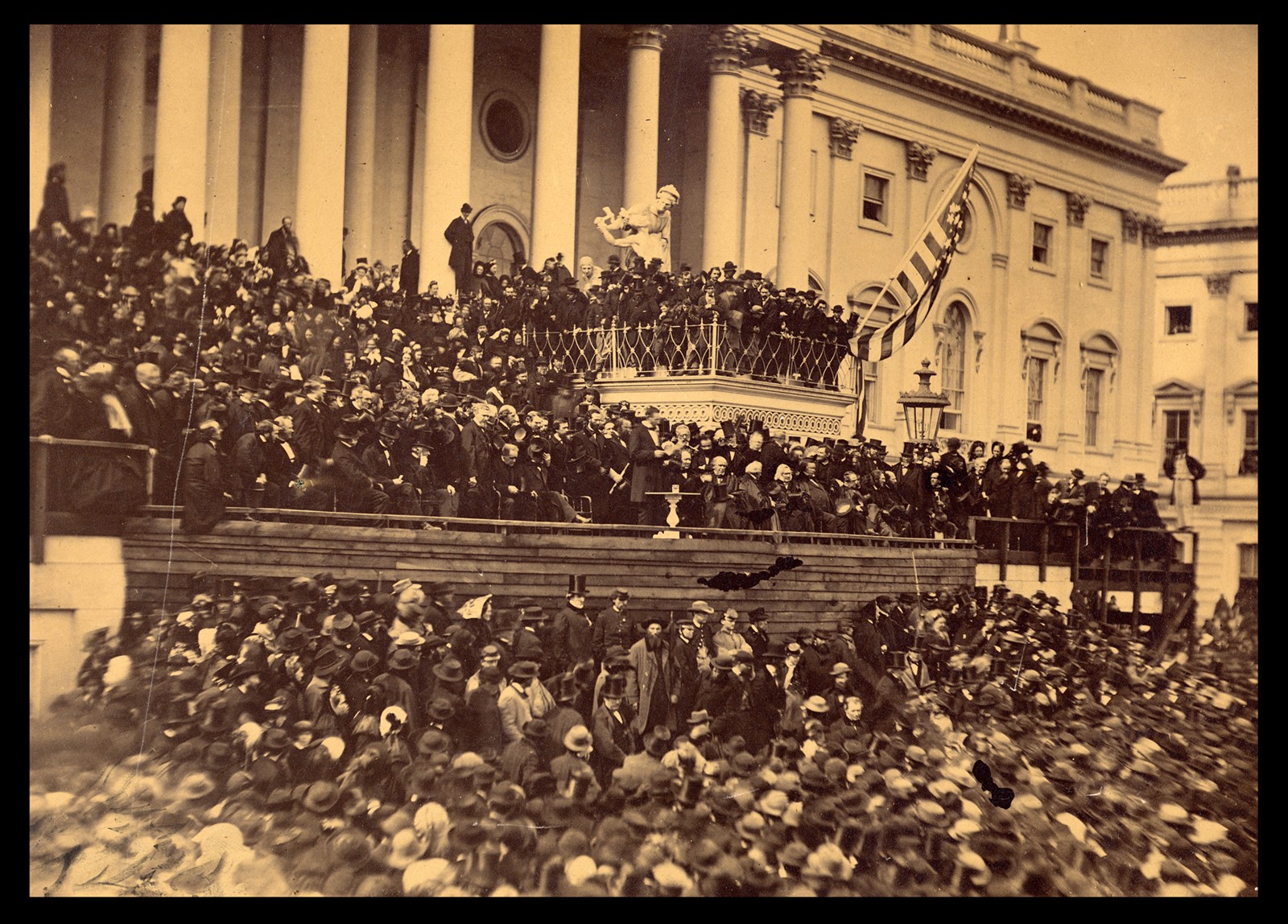By Jim Ludlow
On the night of April 14, 1865, Abraham Lincoln sat in a box at Ford’s Theatre in Washington, D.C., watching a play meant to provide a happy escape from his immense burdens of leading America through a horrible civil war. Just hours later in the early morning of April 15, he lay dead from a bullet fired by John Wilkes Booth.
Lincoln’s murder was an enormous national tragedy with an impact that rippled through time. It was a turning point in American history. One that altered the course of Reconstruction, deepened divisions and left a nation to rebuild itself without its strongest unifying force.
Today, Lincoln is arguably America’s greatest president. Today politicians love to quote him. His words are carved into marble, printed on coffee mugs and repeated in speeches by our leaders across the political spectrum. But I wonder if we genuinely pay enough thought to what he really accomplished and how he managed. Have we let his example fade? Have we moved on from him? Is he still relevant to us today? Is he a relic from the past? I’d argue Lincoln is more relevant than ever. I believe following his example, words of wisdom and poise can help make a positive difference for us today in many ways.
Lincoln governed in unthinkably difficult times. He wasn’t merely managing political squabbles or economic downturns; he was holding together a fractured America that was at war with itself. The Civil War didn’t just divide the country geographically; it tore apart families, communities and institutions. Yet despite the chaos, Lincoln didn’t lead with anger or revenge. Instead, he led with moral clarity, humility and a deep sense of duty to something larger than himself.
Contrast that with today’s political climate: Trust in government is at record lows, leaders seem more focused on winning arguments than solving problems and partisanship dominates the headlines. Unlike many of today’s leaders, Lincoln prioritized unity over partisanship. He also worked to heal, not to inflame.
One of his final and greatest public statements, his second inaugural address, delivered just weeks before his murder, wasn’t a speech of victory or self-congratulation.
It was instead a plea for national reconciliation: “With malice toward none, with charity for all … let us strive on to finish the work we are in, to bind up the nation’s wounds.”
Imagine if today’s elected officials spoke in this way. Imagine if they put the greater good over their own political agendas. Imagine if compromise and bipartisanship weren’t seen as betrayal, but instead as effective leadership. I believe Lincoln’s legacy isn’t just about history or nostalgia; it’s about how leadership in America should act today and always. Lincoln’s approach wasn’t about personal power or poll numbers — it was about doing the right thing, even when it was hard. I believe his core guiding principles were:
Integrity: Lincoln didn’t follow public opinion polls; he followed his conscience. When he issued the Emancipation Proclamation, he knew it was controversial. But he did it anyway because it was right.
Humility: Lincoln didn’t pretend to have all the answers. He surrounded himself with critics and rivals, believing that diverse perspectives made for better leadership. He prized humility over self-promotion and partisanship.
Accountability: Lincoln didn’t blame others for the America’s problems. He took responsibility, even when the burden was great.
Vision: Lincoln wasn’t just focused on winning the war. He was already thinking about how to rebuild the country afterward. His murder robbed America of that vision and we are still dealing with the ripple effects today.
Imagine if our leaders embraced and demonstrated these same qualities today. Forgetting Lincoln’ example removes an essential guidepost for leadership to follow.
His greatness wasn’t about power, statues and speeches. It was about meaningful results that served the greater good of America for generations … including us.
This April 15 let’s do more than just remember the day he died. Let’s remember the phenomenal work he left behind. With our trust in government so low we need to adopt positive examples like Lincoln for our elected leaders to emulate.
I look for these traits in candidates when I vote and optimistically seek them in our elected officials as they do their jobs.
Jim Ludlow is executive producer of the “Good Government Show” podcast and founder of Interactive Liquid. He lives in Fogelsville, PA

